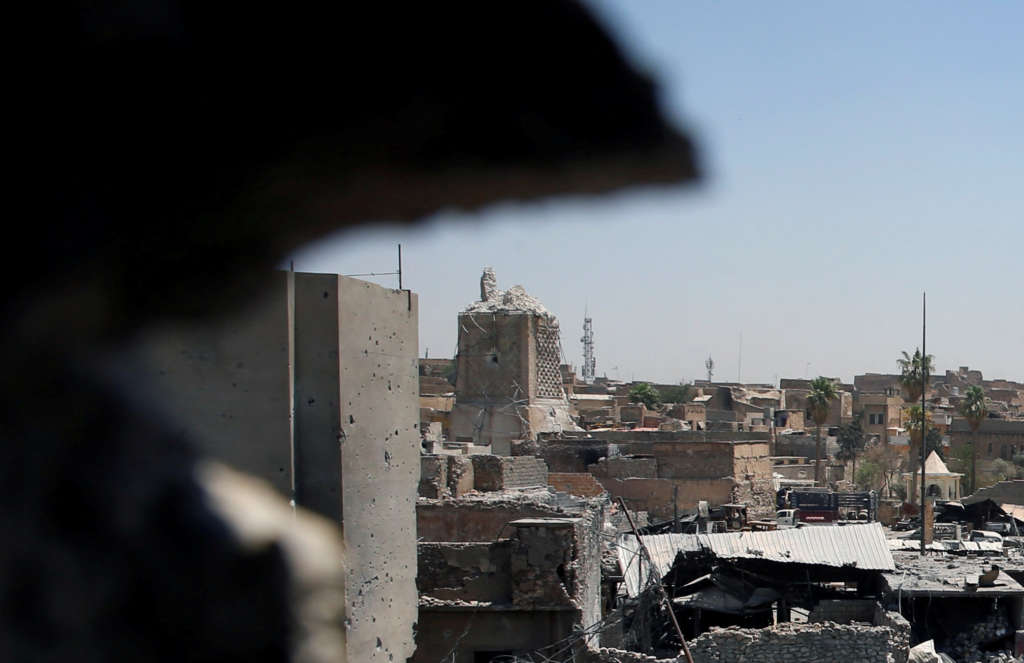Erbil- Mosul’s basic infrastruture will cost more than $1 billion to repair after the US-backed Iraqi offensive to retake the city from ISIS, a senior UN official said on Wednesday, but stressed that long-term reconstruction would cost many billions of dollars.
An initial assessment showed that “stabilization”, which includes repairing water, sewage and electricity infrastructure and reopening schools and hospitals, would cost more than twice initial estimates, Lise Grande, the United Nations’ Humanitarian Coordinator for Iraq, told Reuters in an interview.
The extent of damage was far greater than expected and much worse in the western half of the city than in the east, which was retaken from ISIS six months ago, she said.
“In western Mosul what we’re seeing is the worst damage of the entire conflict. In those neighborhoods where the fighting has been the fiercest, we’re looking at levels of damage incomparable to anything else that has happened in Iraq so far.”
Stabilization in eastern Mosul could be done in two months but it would take more than a year in the west, Grande said, and long-term reconstruction would cost many billions of dollars.
All parts of the city have incurred light or moderate damage in the offensive, but six neighbo rhoods, including the historic Old City, 17 July district, and areas in and around Mosul airport, have been almost completely destroyed, and it would take years for these to return to normal, Grande said.
“For families that come from other neighborhoods that are moderately destroyed, I think we can expect that many of them will try to go back and they’ll do the best they can to try to rebuild,” she said.
About 900,000 people have fled the fighting, with more than a third in camps outside the city and the rest living with family and friends in other neighbourhoods. Grande said that surpassed the worst case scenario envisioned by the UN before the offensive began.
“What that shows is that the level of damage is far higher than we expected, and that’s why the cost of stabilization is far higher.”
Iraqi commanders have predicted final victory in Mosul this week after a grinding eight-month assault on the once
two-million-strong city which has pushed ISIS into an area no more than 300 meters by 500 meters beside the
Tigris River.
On Wednesday, Iraqi police deployed snipers on rooftops to provide cover to advancing troops.
A statement released by the police command said that Iraqi forces have killed 57 terrorists and four snipers and have destroyed three ISIS bases.
